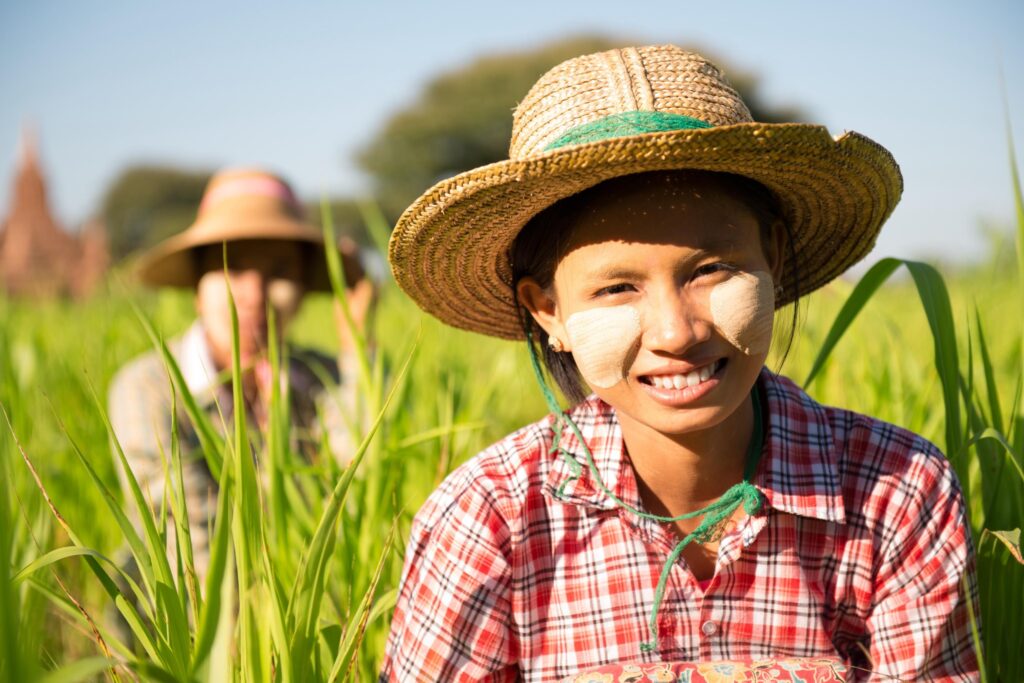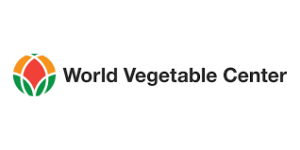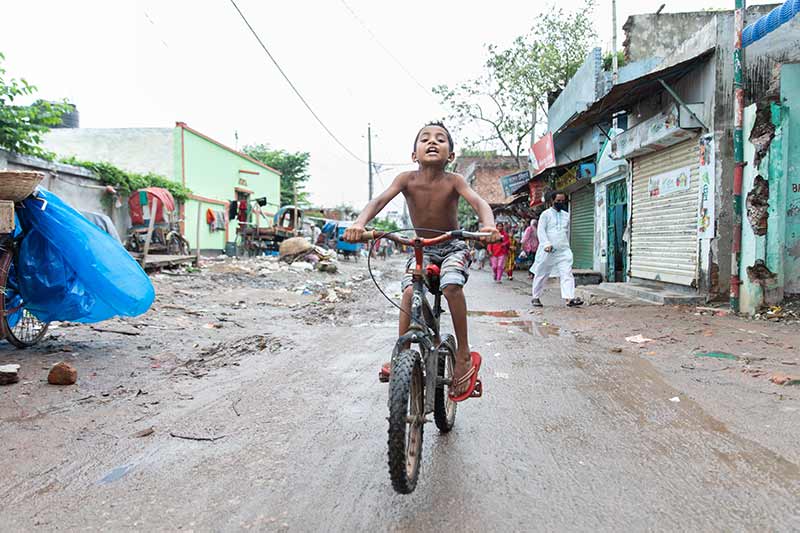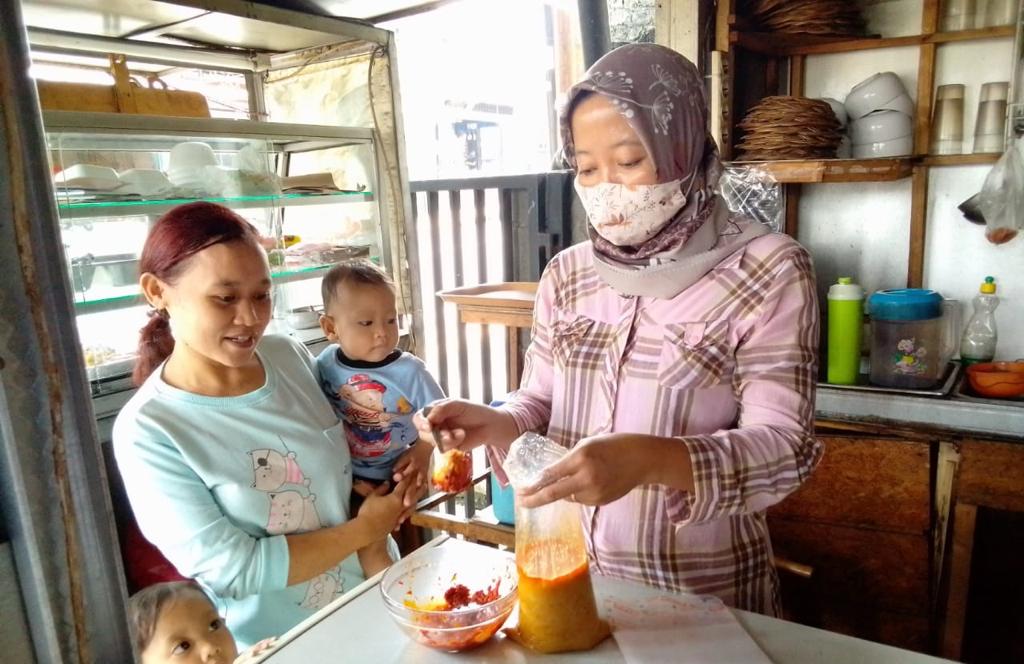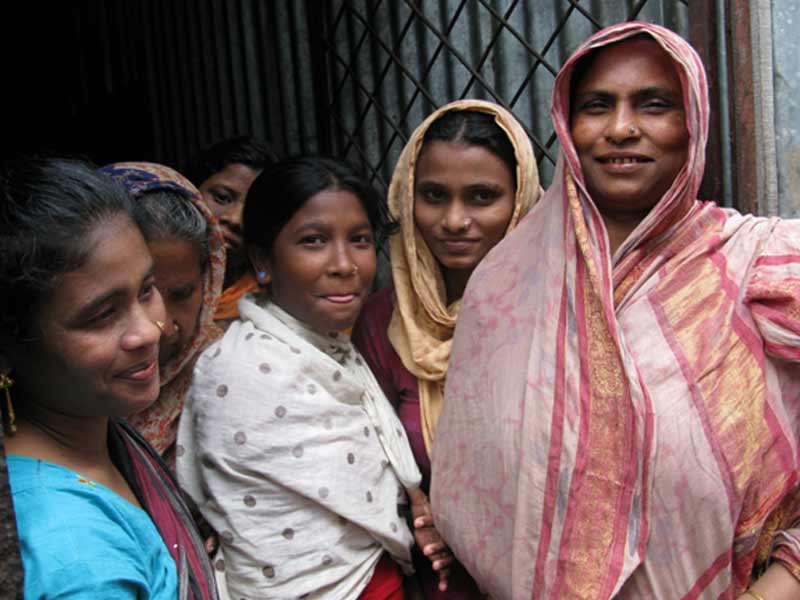In an era where climate change significantly impacts global food systems, Dikoda is proud to announce a collaborative project with the World Food Programme (WFP), focusing on the intersection of climate resilience and nutrition security in Asia and the Pacific. This project underscores our commitment to using research to address some of the most pressing global challenges.
The Challenge
Climate change is exacerbating vulnerabilities across various sectors, particularly impacting food security and nutrition. Vulnerable populations, especially in regions already facing food insecurity, are at a heightened risk. Erratic weather patterns and changing agricultural practices influence food production, availability, and access, disrupting the nutritional quality and diversity of available food.
Our Approach
Dikoda’s expertise in research and data analysis will play a crucial role in this project. We aim to provide comprehensive insights into how climate change directly and indirectly affects nutrition. Our research will explore the intricate pathways of this impact, focusing on diverse environmental, socioeconomic, and demographic factors.
Objective
The primary objective of our research is to contribute to the understanding of how climate change affects nutrition in selected regions, identify countries at risk, and devise strategies for integrating nutrition-focused approaches within WFP’s climate response systems. We strive to provide evidence-based recommendations that will support WFP in effectively mitigating the adverse effects of climate-induced shocks on nutrition security.
Stay tuned for updates as we progress in this groundbreaking project.
